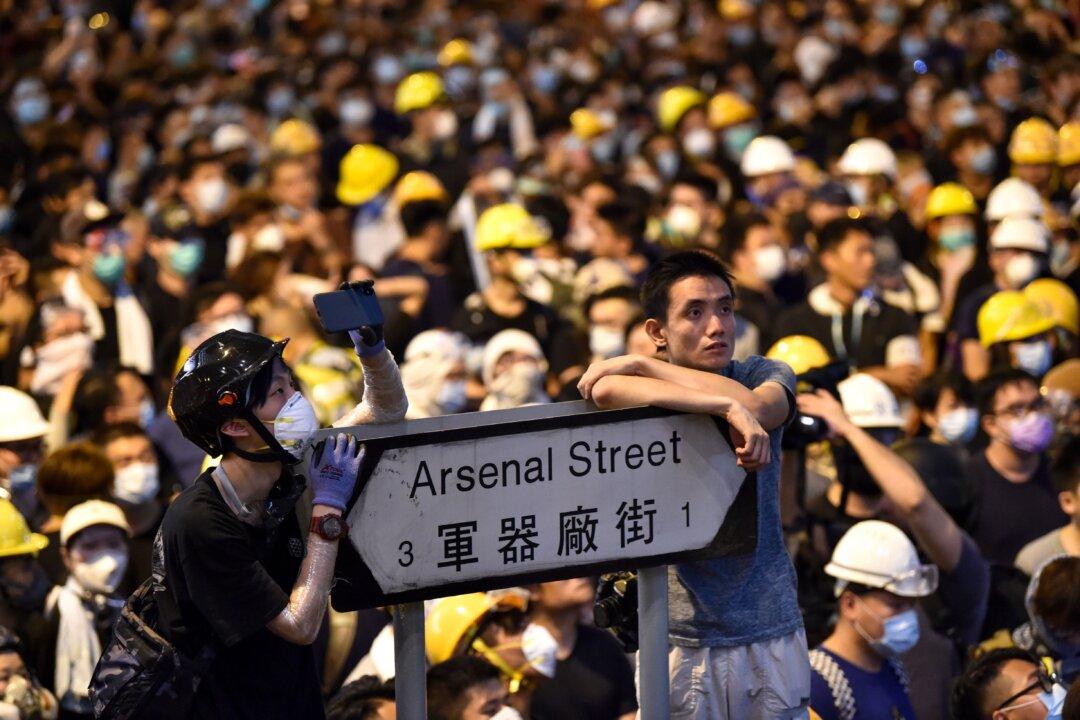Thirty-two ex-officials and retired lawmakers in Hong Kong have signed an open letter on June 23 calling for the city’s leader Carrie Lam to immediately announce the withdrawal of a controversial extradition bill that drew millions of protesters to the streets in recent weeks.
The letter, initially signed by 27 former government officials on June 14, has gained six more cosigners and was issued again on June 23, with three main demands.





